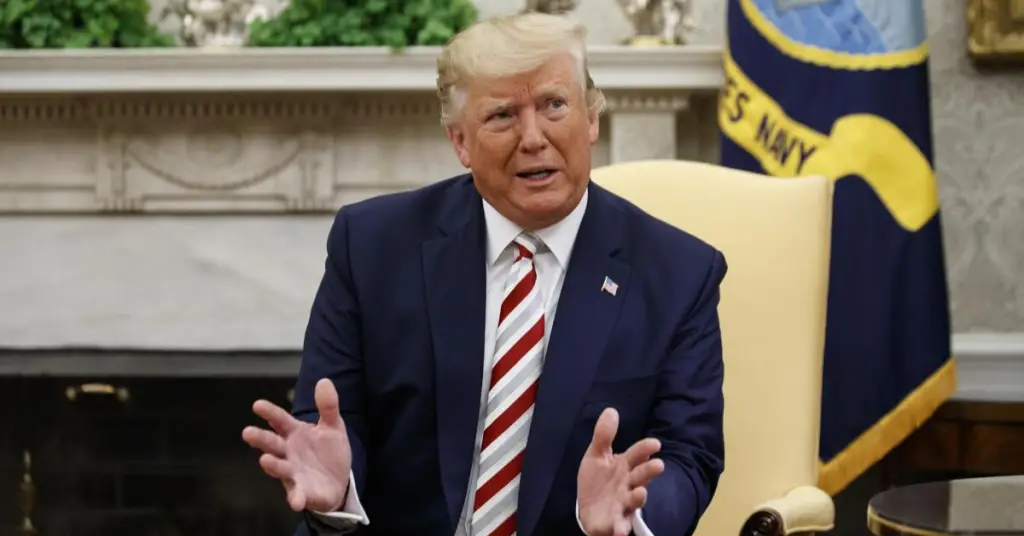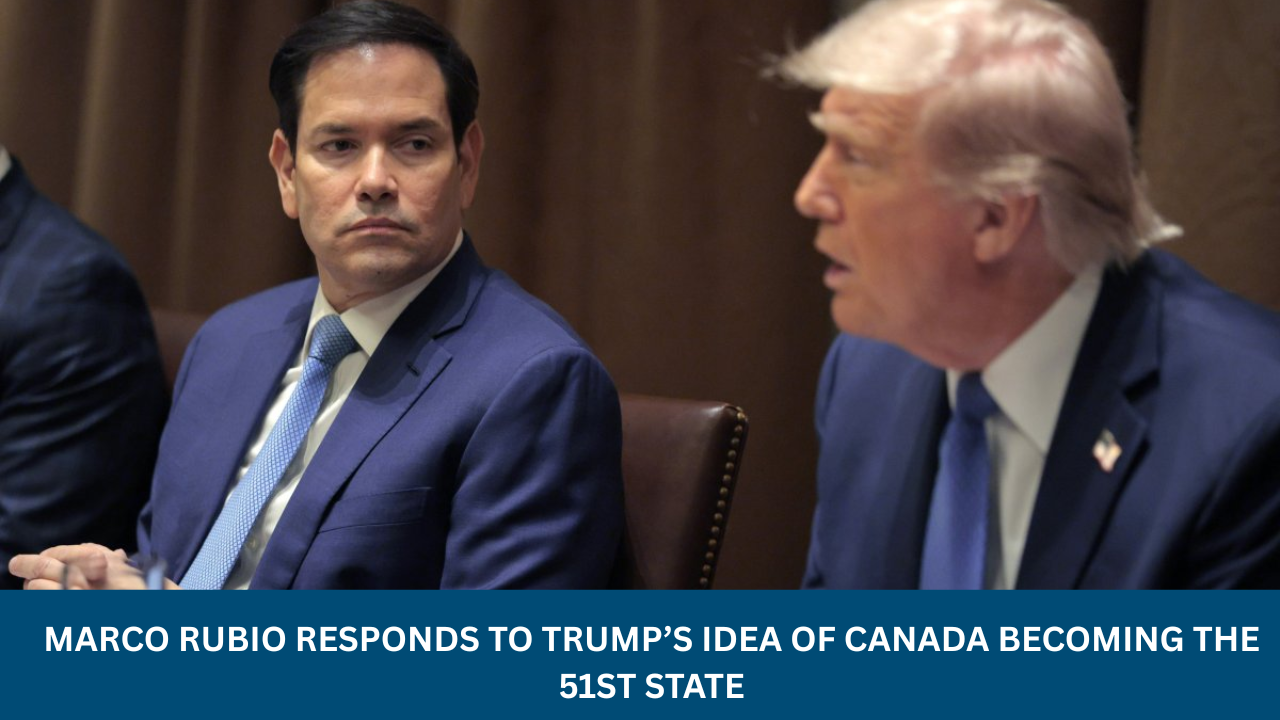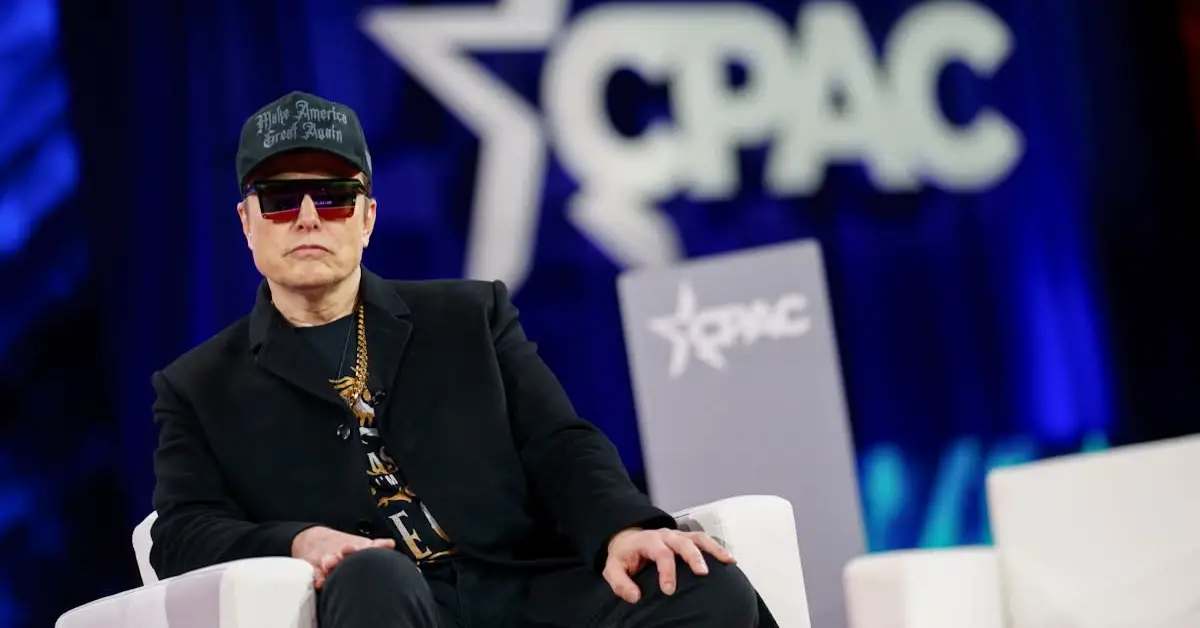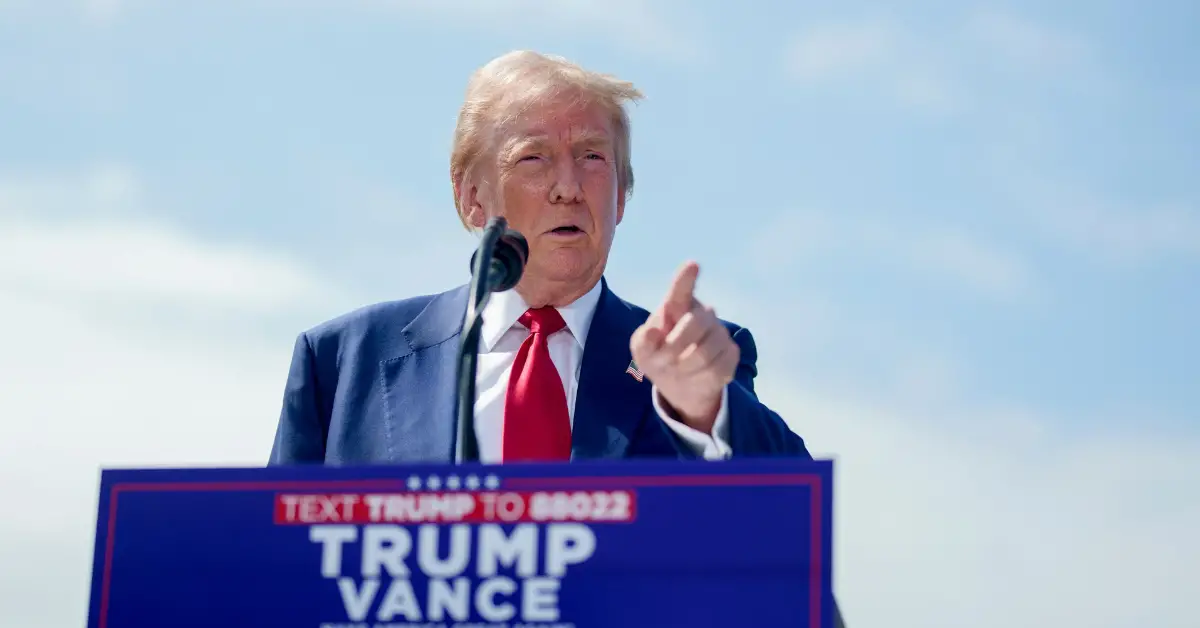Secretary of State Marco Rubio responded to questions surrounding President Donald Trump’s long-standing comments about Canada becoming the 51st state of the United States. Trump has repeatedly expressed his belief that Canada could benefit from closer ties with the U.S., and Rubio’s interview offered insight into the administration’s stance on the matter. During the conversation, Rubio attempted to clarify Trump’s often-controversial remarks and explain the broader implications of such ideas.
Trump has made it clear that he believes Canada could be better off as a state of the U.S. in order to benefit from resources and military protection. In his most recent statements, Trump said that the former Canadian Prime Minister had informed him that Canada could not survive without trade with the United States. According to Trump, this information led him to suggest that Canada should consider becoming a state if it could not thrive without such a trade arrangement.
Marco Rubio, as a guest on the NBC broadcast, addressed these comments on Sunday. When moderator Kristen Welker asked if the administration was taking any concrete steps to make Trump’s vision a reality, Rubio emphasised that no action was being taken to push for Canada’s integration into the U.S. However, he did explain that the president’s comments stemmed from a conversation he had with the former Canadian Prime Minister, who reportedly expressed concerns about Canada’s ability to function without fair trade with the U.S. This prompted Trump to suggest that if Canada could not survive on its own, then it should consider becoming part of the United States.
The idea of Canada becoming the 51st state has raised concerns among both U.S. allies and Canadians themselves. For many, Trump’s comments have been seen as an attempt at expansionism, which contradicts the principles of international sovereignty. As Rubio clarified, the administration has not actively pursued this idea, and it remains more of a rhetorical stance than a policy proposal. However, it has raised questions about how far Trump’s ambitions may extend beyond U.S. borders.
Trump’s repeated remarks about Canada’s need for U.S. support reflect a broader geopolitical strategy that he has promoted throughout his presidency. For example, Trump has argued that Greenland—an autonomous Danish territory—should be acquired by the U.S. due to its strategic geographical position. The president has also pointed out that the U.S. military maintains a presence in Greenland, which has heightened his interest in the region.
His administration’s interest in the territory even led to a high-profile diplomatic dispute with Denmark when Trump proposed purchasing Greenland, a suggestion that Danish officials swiftly rejected.
Trump’s stance on Canada is similar to his rhetoric about Greenland. He has frequently expressed a desire to secure more resources for the U.S. by expanding its territory, even if it means absorbing other nations.

His comments on Canada, such as those shared on his social media platform Truth Social, echo a similar theme: that Canada could benefit from joining the U.S. in exchange for military protection and tax relief. “Many Canadians want Canada to become the 51st State,” Trump wrote on Truth Social. “They would save massively on taxes and military protection. I think it is a great idea.”
While Trump’s public statements have raised eyebrows in the U.S. and abroad, there has been little to no indication that his administration intends to follow through with such bold actions. Nonetheless, the repeated remarks have put pressure on the relationship between the two neighbouring nations.
Canadian officials have been particularly vocal in rejecting Trump’s proposals, with former Prime Minister Justin Trudeau calling attention to the serious nature of Trump’s comments.
According to a report from the Canadian Broadcasting Corporation (CBC), Trudeau was overheard on a hot mic telling business and labour leaders that Trump had made it clear he wanted to absorb Canada into the U.S. The comments, which Trudeau did not intend for public release, reinforced the concerns of many that Trump’s rhetoric could potentially lead to political or economic pressures on Canada in the future.
During his time as Prime Minister, Trudeau was known for his diplomatic approach to the U.S., particularly when it came to negotiating trade agreements, such as the United States-Mexico-Canada Agreement (USMCA), which replaced the North American Free Trade Agreement (NAFTA).
However, Trump’s continuing statements about Canada’s need for the U.S. have complicated relations between the two countries. Trudeau’s comments on the hot mic were a rare instance in which the Canadian leader openly expressed frustration with Trump’s rhetoric, suggesting that the president’s ambitions were more than just political talk—they were part of a broader strategy to exert influence over Canada.
In a recent development, Canada’s current Prime Minister, Mark Carney, addressed the issue in a press conference, reaffirming Canada’s stance on the matter. Carney, who is running for a full term as prime minister, revealed that Trump had continued to bring up the idea of Canada becoming a U.S. state during their private conversations. Despite these continued discussions, Carney was firm in his rejection of the notion, stating unequivocally, “It will never happen.” His comments reflect a clear stance from the Canadian government that they will not entertain the idea of joining the United States, regardless of Trump’s rhetoric.
The issue of Canada becoming the 51st state, though unlikely, is not the only point of contention between the U.S. and Canada. The Trump administration has consistently pushed for more favourable trade terms with its neighbours, often framing the U.S.-Canada relationship as one in which the U.S. has been taken advantage of.
This sentiment was particularly evident in Trump’s criticisms of NAFTA, which he claimed was unfair to the U.S. In his 2018 address to Congress, Trump called for a renegotiation of the trade deal, which ultimately led to the signing of the USMCA.
But the most recent comments from Trump are not just about trade—they reflect his broader “America First” agenda, which emphasises U.S. dominance on the global stage. Trump has made no secret of his desire to expand U.S. influence and control, and the suggestion that Canada could one day join the U.S. is a reflection of these ambitions.
While these comments have sparked alarm in some circles, they have also opened up a broader conversation about the future of North American geopolitics and the complex relationship between the U.S. and its neighbours.
On the other side of the Atlantic, the government of Greenland has also expressed its disapproval of Trump’s expansionist ambitions. Greenland’s Prime Minister, Jens-Frederik Nielsen, stated that the Danish territory is not “a piece of property that can be bought” and criticised the U.S. for its disrespectful rhetoric. In Copenhagen, Nielsen emphasised that Greenland and Denmark must stand united in rejecting such proposals, underscoring the importance of national sovereignty.
While these comments may seem like distant political discussions, they have far-reaching implications for U.S.-Canada relations and the broader geopolitical landscape. For now, it appears that Trump’s idea of Canada becoming the 51st state will remain nothing more than a rhetorical exercise. However, the continued focus on such expansionist ideas has placed a spotlight on the future of North American diplomacy, one in which Canada’s sovereignty and its relationship with the United States will remain key points of discussion.
Despite the boldness of Trump’s vision, it is clear that Canadian officials, from Trudeau to Carney, remain firmly opposed to the idea. With a growing sense of unity from both the Canadian government and the people, it seems that any attempt to make Canada the 51st state is an idea that will not be realized anytime soon.
Disclaimer: This article has been meticulously fact-checked by our team to ensure accuracy and uphold transparency. We strive to deliver trustworthy and dependable content to our readers.




